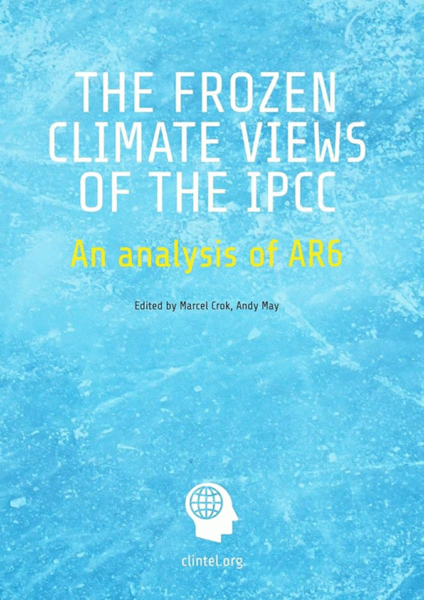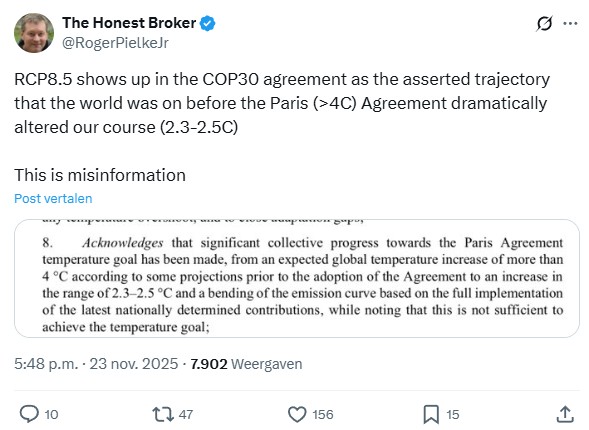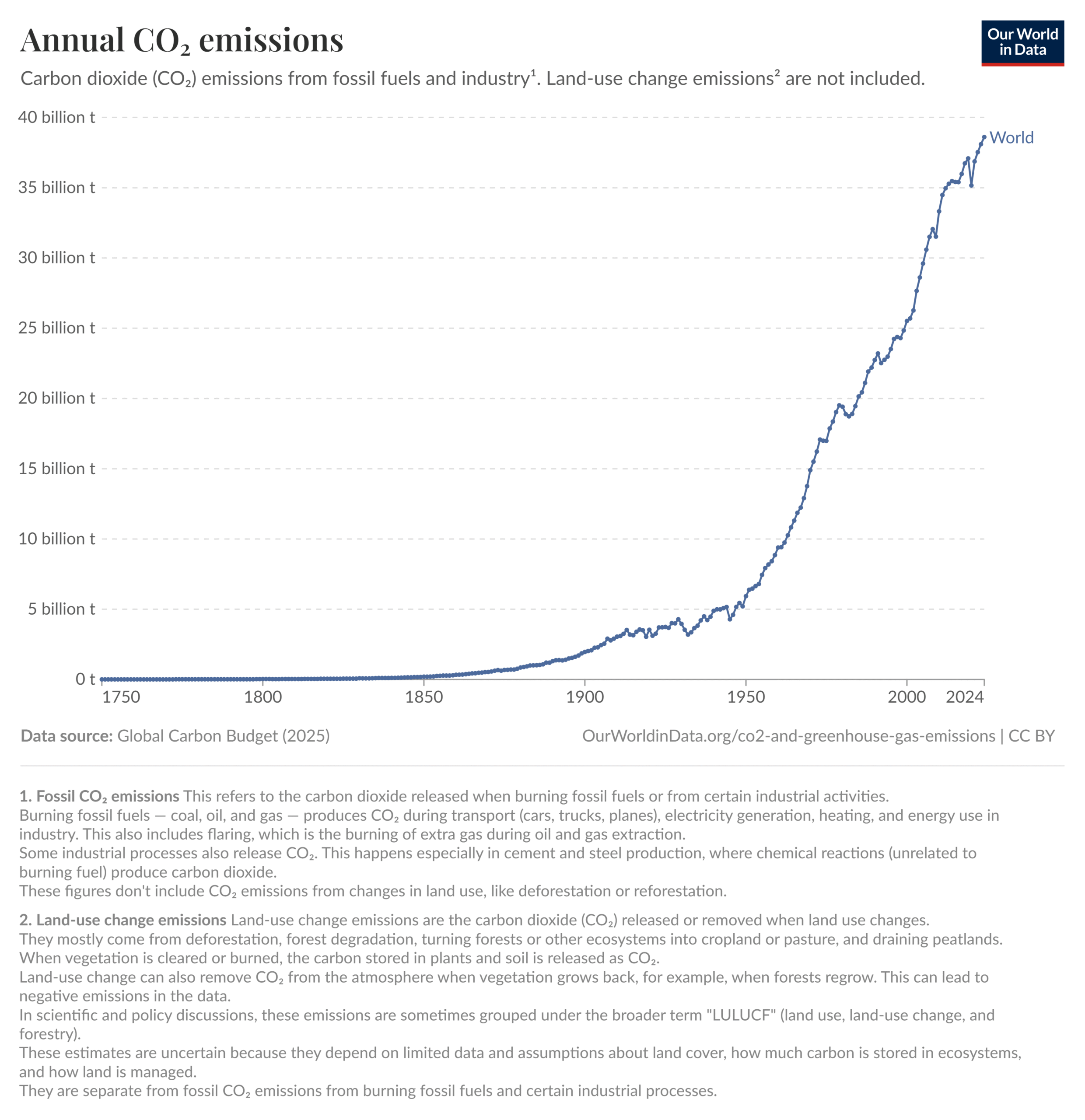COP30 Is Lying To Justify Its Existence
COP30 is building its case on climate misinformation that rewrites the past to claim a victory it never earned.
The COP30 agreement claims the world was previously on track for more than 4C of warming until the Paris Agreement heroically “bent” that trajectory down to 2.3–2.5C:
However, “this is misinformation,” says Roger Pielke Jr., Professor of Environmental Studies at the University of Colorado Boulder. It is a fiction built on the carcass of RCP8.5 — the extreme scenario that scientists quietly abandoned years ago because it required impossible coal use, implausible demographics and an economic collapse that never happened.
COP30 is resurrecting an unrealistic, disowned scenario in order to claim that Paris saved the world. The problem is the data. Real-world emissions show no curve bending, no slowdown and no “Paris effect”.
Paris didn’t change emissions, but it did unlock a permanent justification for climate taxation, energy rationing and the dismantling of cheap, reliable power — the foundation of economic prosperity.
COP30 needs a victory to justify its existence. So it has rewritten history: invent a 4C trajectory, pretend Paris knocked it down, and congratulate itself for saving humanity.
The world was never heading for RCP8.5. Paris didn’t change emissions.
Lies.
more news
The Journal Science Of Climate Change Is 5 Years Old and Is Now Experiencing Explosive Growth
At just five years old, the journal Science of Climate Change is now experiencing remarkable growth, rapidly establishing itself as a peer-reviewed platform in the climate-science landscape.
New disastrous climate documentary on Netflix
The White House Effect is Netflix’s one-sided new climate documentary. It will surely go down well with many (young) Netflix viewers because, you see, (American) politicians did and do nothing about the climate problem, under the influence of ‘the oil industry’. If only that were true.
An engineer takes a sober look at the Net Zero 2050 project
“At first, I thought the Net Zero 2050 project was pointless, but after careful consideration, I think it’s insane.”








